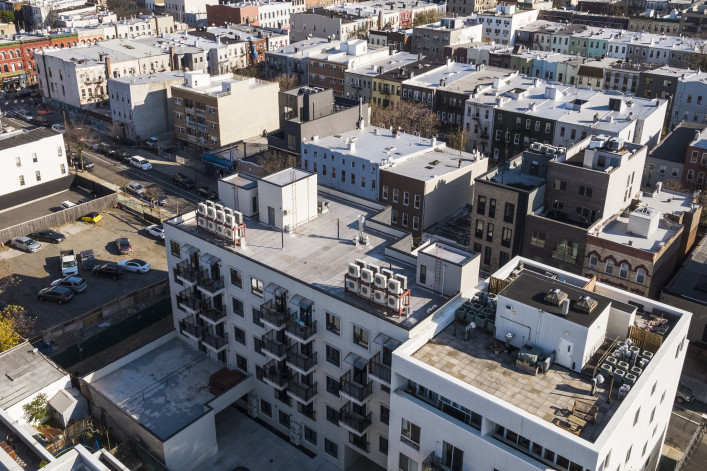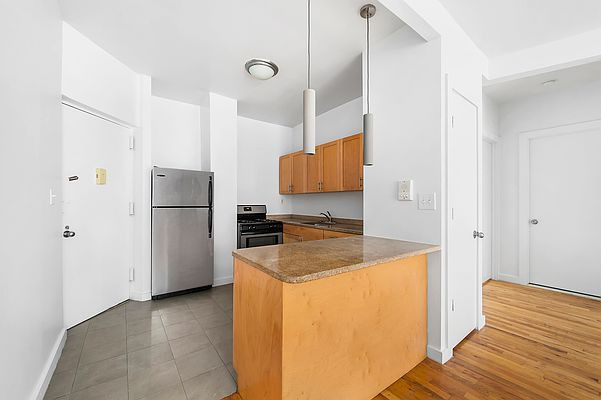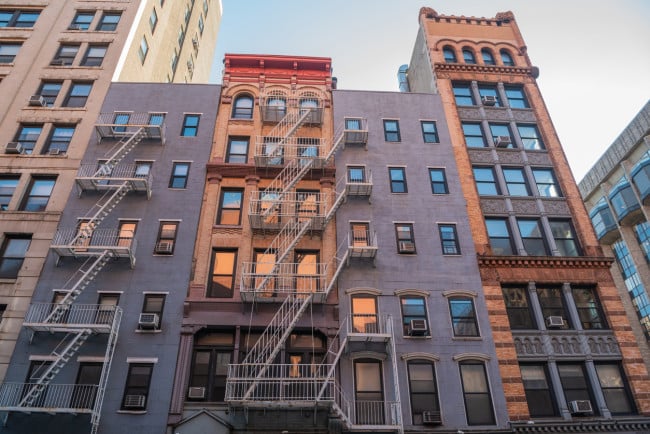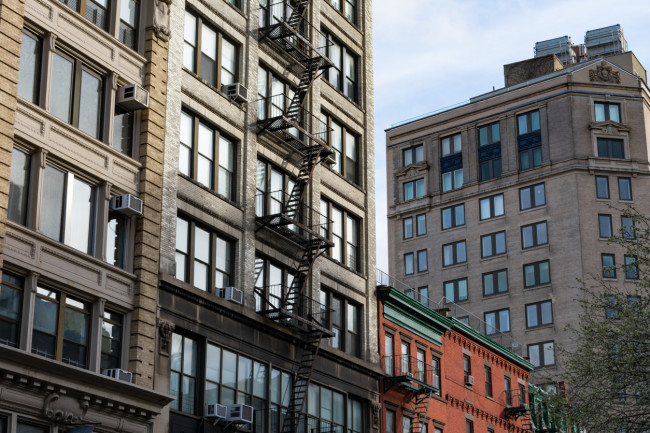How much will rents rise in stabilized apartments this year? The debate gets underway
- Landlords want higher-than-average increases for NYC's one million rent-stabilized tenants
- Last year the Rent Guidelines Board approved the steepest increases in nearly a decade

Tenants and landlords begin the annual tug-of-war on rent increases for stabilized apartments—the Rent Guidelines Board vote takes place in June.
Alex Potemkin/iStock/Getty Images Plus via Getty Images
Landlords are calling for higher-than-average rent increases for New York City’s one million rent-stabilized tenants after data reviewed by the Rent Guidelines Board showed a 3.2 percent increase in landlord expenses and a 9.1 percent fall in operating income between 2020 and 2021.
In the annual debate over how much rents should rise for stabilized apartments, tenant advocates say the income and expense study, an annual analysis of the cost of operating and maintaining rental housing in NYC, doesn’t account for the profits reaped from record-high rents.
The report found the biggest drop in operating income for landlords was in Manhattan, where it fell 21 percent. In the rest of the city, operating income fell 5.1 percent from 2020 to 2021.
The vote on rent increases takes place in June. In the next few months, a series of public meetings and hearings give tenants and owners a chance to make their case for a rent freeze or rent hikes.
How rent increases get approved for stabilized apartments
Rent increases on rent-stabilized apartments are set annually by the Rent Guidelines Board. The city agency runs a series of public hearings ahead of a vote in June and last year they approved the steepest rent increases in nearly a decade: 3.25 percent increases were approved for one-year leases and 5 percent increases were approved for two-year leases.
The nine members of the Rent Guidelines Board represent the interests of both owners and tenants and are appointed by the Mayor.
Who is hurting more: tenants or landlords?
According to Gothamist, the latest data sparked debate among board members over the effects of the pandemic on tenants and landlords as well as rising rents and the warehousing of apartments. This is where owners deliberately keep units off the market. It sounds improbable but when the law changed in 2019 and landlords could no longer cycle apartments out of the stabilization program, some decided vacancy was a better option.
Jay Martin, the executive director of Community Housing Improvement Program, a trade association for owners, said in a statement the latest data is “proof positive that the disinvestment and defunding of New York’s rent-stabilized housing stock needs to stop.” The group says without an additional income source other than rent, most rent-stabilized buildings in the outer boroughs have net operating incomes that barely cover debt service payments.
However, in a statement, The Legal Aid Society says the pandemic era data under review is out of date and refers to a time when many affluent residents in market-rate apartments left the city. Neither does the data account “for the tens of millions of dollars landlords have since reaped in profits from driving rents to unprecedented levels throughout the five boroughs.”
The organization calls for a rent freeze this year to help ensure working class tenants and families can remain in their apartments. "Any increase on these tenants will have a crushing impact on some of our city’s most vulnerable, low-income residents—the overwhelming majority from Black and Latinx neighborhoods," the statement says.
The next meeting by the RGB is scheduled for April 13th.
You Might Also Like





























